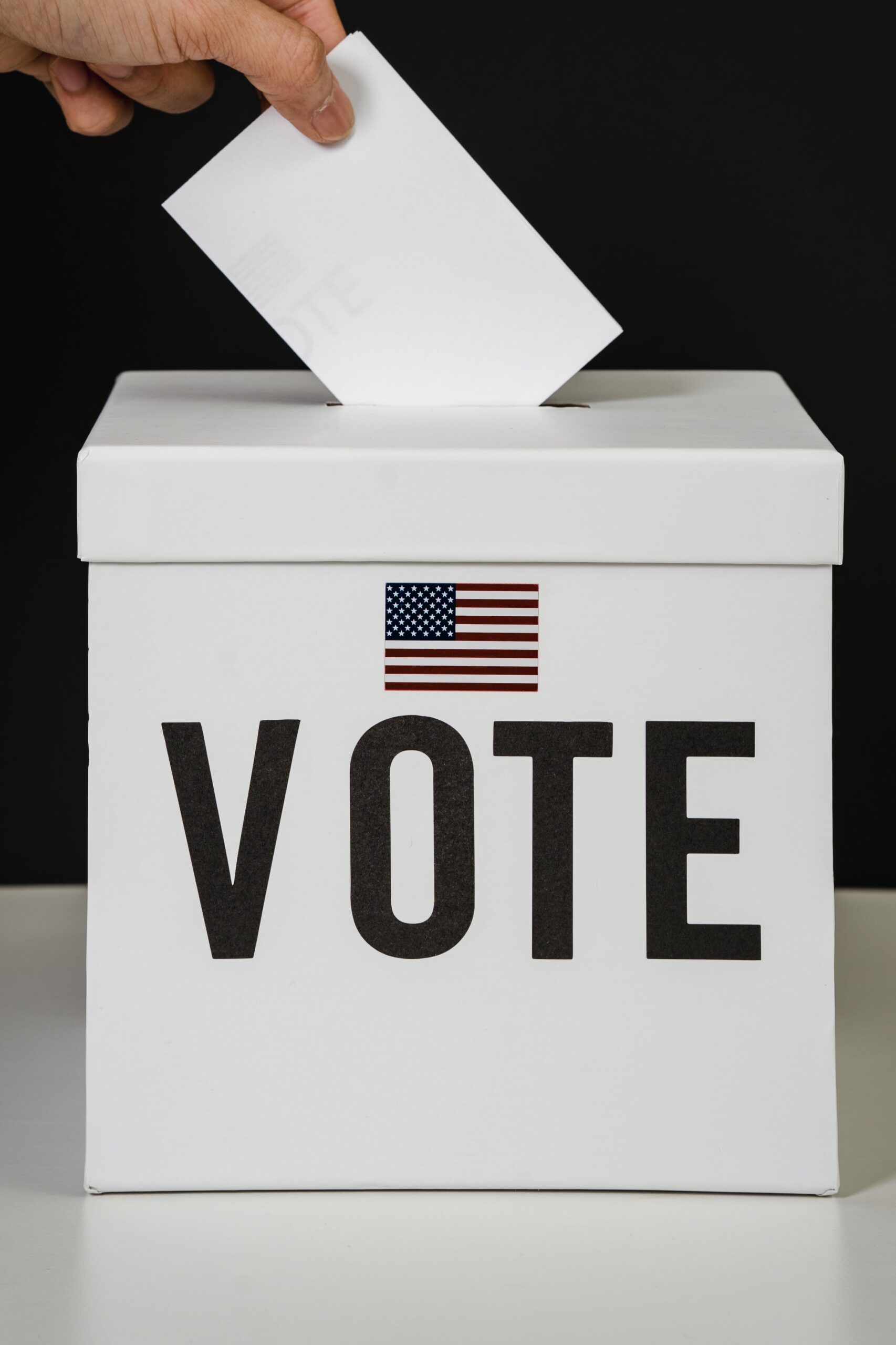In a legal twist that has captured the attention of many, a unique and somewhat improbable attempt to disqualify and prevent Donald Trump from running in the 2024 US presidential election is currently under consideration in court.
This unconventional strategy seeks to prevent Mr. Trump from appearing on the primary ballot by invoking a seldom-used provision of the US Constitution known as Section 3 of the 14th Amendment. This provision disqualifies individuals who have “engaged in insurrection or rebellion” against the country from holding federal office.
Initially supported by liberal activists, the theory gained traction in recent months as some conservatives also began to embrace it. However, critics argue that pursuing this avenue could potentially infringe upon voters’ rights to decide whether the former president should return to the White House.
A judge in Colorado is expected to make a ruling on a case related to this matter in the coming weeks. Meanwhile, a court in Minnesota recently dismissed a petition to remove Mr. Trump from the primary ballot but has left the door open for petitioners to file another challenge regarding the general election ballot.
Similar lawsuits have been initiated in critical states such as New Hampshire and Michigan, further fueling the controversy surrounding this untested legal tactic.
The 14th Amendment, ratified in the aftermath of the American Civil War, includes Section 3, which was initially applied to prevent secessionists from resuming their government positions after southern states rejoined the Union. It was notably used against figures like Confederate President Jefferson Davis and Vice President Alexander Stephens, both of whom had previously served in Congress. However, this provision has rarely been invoked since.
The resurgence of Section 3 as a political issue can be traced back to the aftermath of Mr. Trump’s efforts to overturn his 2020 election defeat, culminating in the January 2021 attack on the US Capitol. Following this attack, the US House of Representatives impeached the then-president on a charge of “incitement of insurrection.” Had the Senate voted to convict him, they could have considered a second vote to disqualify him from holding office in the future. However, the Senate failed to reach the required two-thirds majority to convict Mr. Trump, and thus the second vote never took place.
The advocacy group Free Speech For People asserts that Section 3 of the 14th Amendment is applicable to Donald Trump. They had previously filed challenges against lawmakers supported by Trump, whom they categorized as “insurrectionists.” According to Ron Fein, the organization’s legal director, the 14th Amendment was crafted to address not only post-Civil War situations but also future insurrections. He argued that the US Capitol riot, which disrupted the peaceful transfer of power, established a historical precedent that justifies invoking this section to disqualify Mr. Trump.
Free Speech For People plans to pursue Mr. Trump’s disqualification in multiple states while simultaneously petitioning top election officials in at least nine states to remove him from the primary ballot. Inevitably, Mr. Trump is expected to contest these efforts, which could ultimately lead to the matter being decided by the US Supreme Court—a court that Mr. Trump significantly influenced during his tenure as president.
This legal strategy has gained momentum, particularly since August when Mr. Trump faced allegations of election subversion in two separate criminal cases. Legal scholars like William Baude and Michael Stokes Paulsen argue that Section 3 of the 14th Amendment is self-executing and immediately disqualifies individuals from office, without requiring further action by Congress. This perspective has garnered support from conservative legal experts who interpret the Constitution in alignment with its original intent.
Despite the conservative majority in the Supreme Court, some believe that even this court may be receptive to the argument, and they anticipate a swift resolution if the case reaches this level.
Detractors of this legal theory question its viability and argue that it may not be suitable for implementation in a deeply partisan America. Some critics insist that voters should be the ones to decide Mr. Trump’s fate rather than relying on historical legal provisions.
As this legal challenge unfolds, it remains to be seen how it will impact the upcoming Republican primary, where Mr. Trump is a prominent frontrunner. Regardless of the legal battles, his popularity within the party endures, and he remains a formidable contender for the presidential nomination.
While Mr. Trump’s campaign has criticized this challenge as a stretch of the law, it is undeniable that it has ignited a vigorous debate, setting the stage for a significant legal and political showdown. The outcome of this legal maneuver will undoubtedly be closely watched by the public, especially as the 2024 presidential election draws near.
![]()
